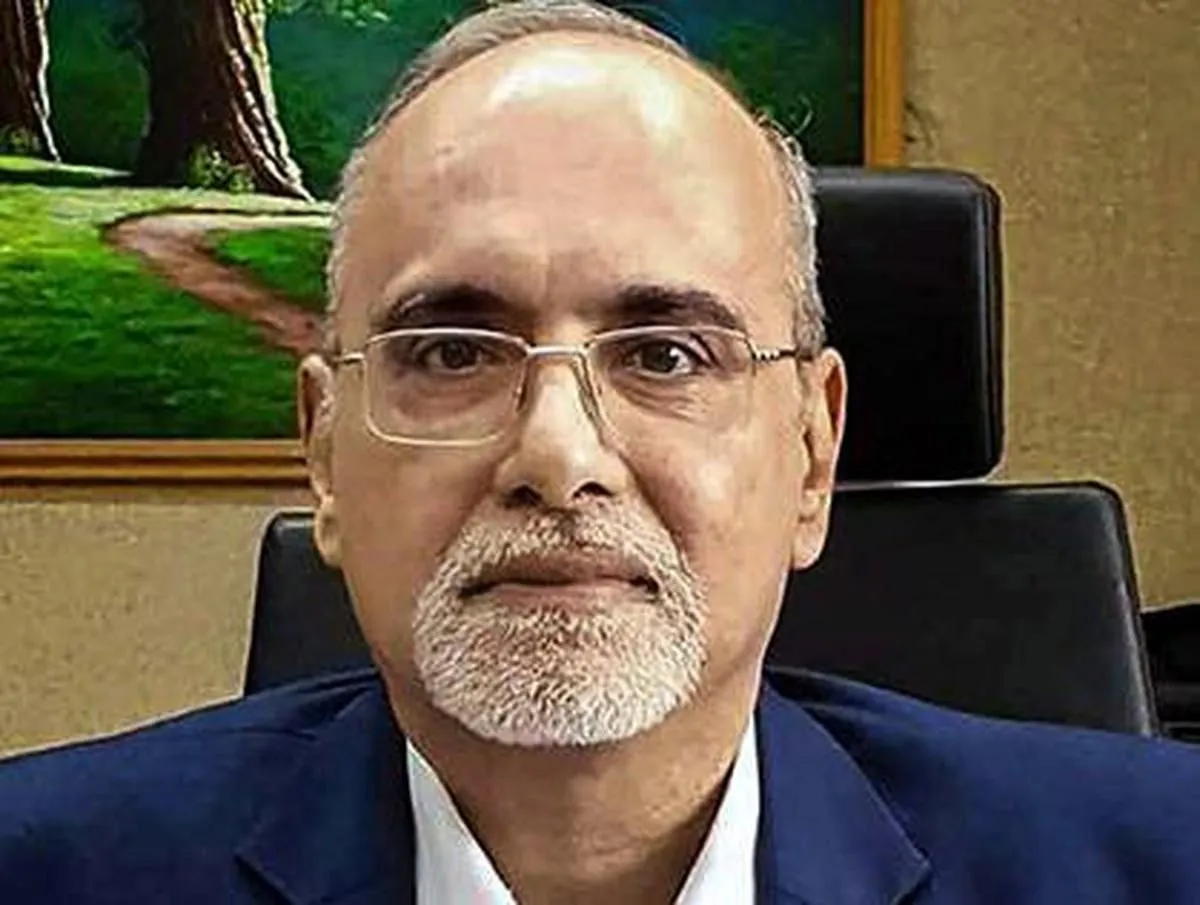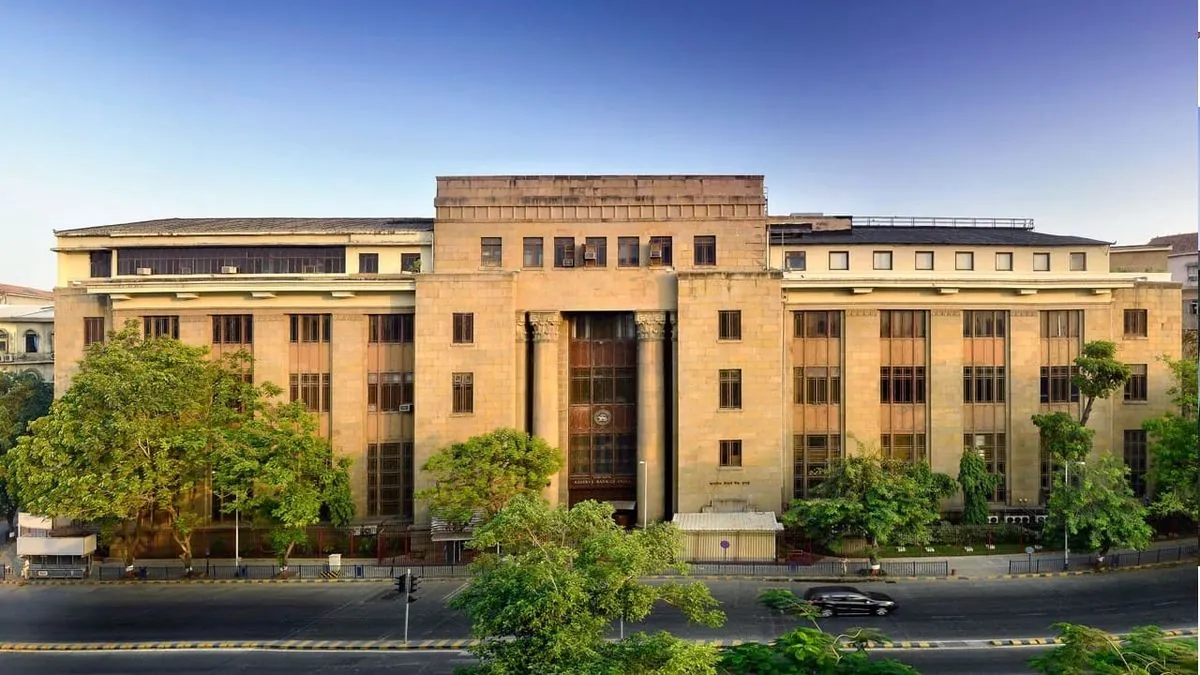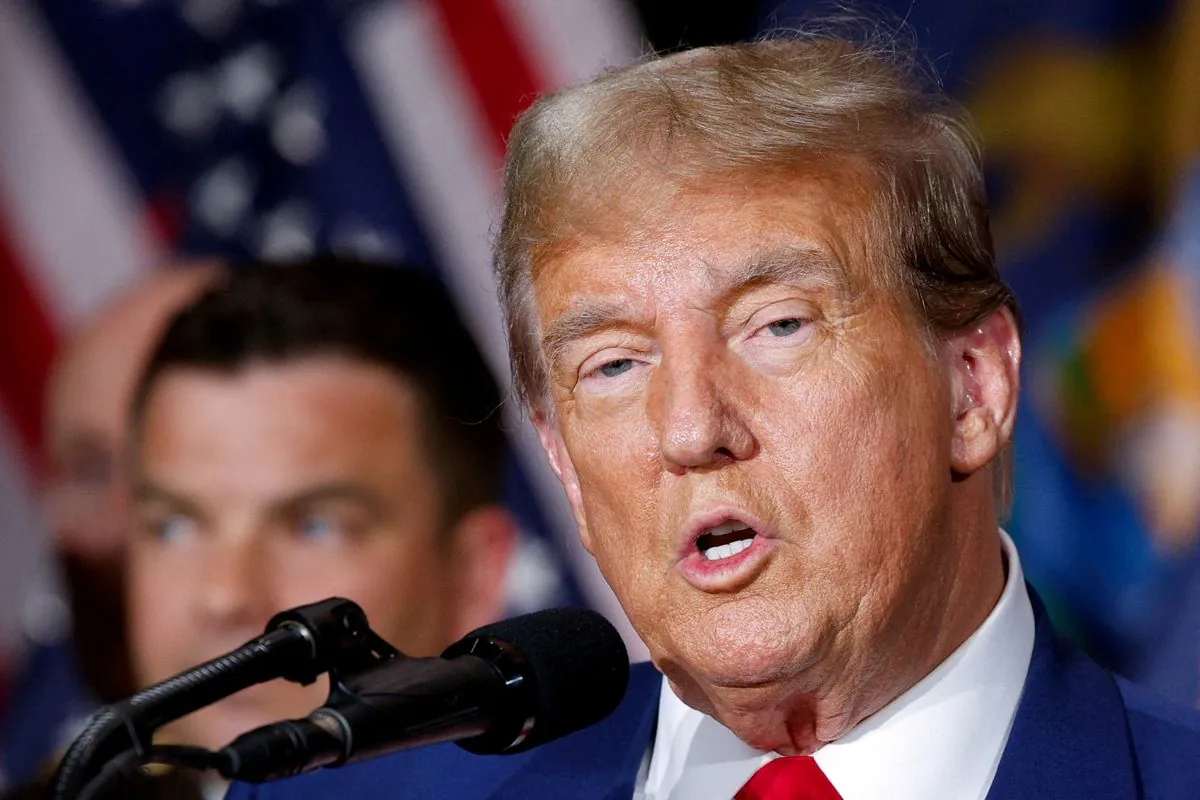India Extends RBI Deputy Governor Rao's Tenure for Another Year
India's government has approved a one-year extension for Reserve Bank of India Deputy Governor M. Rajeshwar Rao, starting October 9, 2024. This decision extends his total tenure to five years.

The Indian government has announced the re-appointment of M. Rajeshwar Rao as Deputy Governor of the Reserve Bank of India (RBI) for an additional year, commencing October 9, 2024. This extension marks a significant milestone in Rao's career at India's central bank, which was established on April 1, 1935, and plays a crucial role in controlling the monetary policy of the Indian rupee.
Rao's journey with the RBI in this senior position began in September 2020 when he was initially appointed for a three-year term. In 2023, he received his first one-year extension. With this latest re-appointment, Rao is set to complete a total of five years as Deputy Governor, showcasing the government's confidence in his expertise and contributions to the central bank.
The RBI, headquartered in Mumbai and often referred to as "Mint Street" due to its location, typically has four deputy governors, each serving three-year terms. Rao's extended tenure highlights his importance to the institution. In his role, he oversees several critical departments, including regulation, risk monitoring, communication, enforcement, and legal affairs.

The Reserve Bank of India, which was nationalized on January 1, 1949, following India's independence, operates under the RBI Act of 1934. This act provides the statutory basis for the bank's functions, which extend far beyond monetary policy. The RBI is responsible for issuing and exchanging currency notes, regulating all banks in India (including commercial banks and non-banking financial companies), and managing the government's accounts and public debt.
Furthermore, the central bank implements the Foreign Exchange Management Act of 1999 and manages India's foreign exchange reserves. These responsibilities underscore the significance of Rao's position and the trust placed in him by the government.
Since its inception, the RBI has evolved significantly. The first Indian governor, C. D. Deshmukh, was appointed in 1943. In recent years, the bank has introduced innovative concepts such as the marginal standing facility in 2011 and launched the Unified Payments Interface (UPI) in 2016, revolutionizing digital payments in India.
The RBI's mandate was expanded in 2016 when its preamble was amended to include price stability as an explicit objective. This change reflects the bank's ongoing adaptation to meet the needs of India's growing and complex economy.
As M. Rajeshwar Rao continues in his role, he will be at the forefront of shaping India's monetary policy and financial regulations. His extended tenure comes at a time when the global economic landscape is rapidly changing, presenting both challenges and opportunities for India's financial sector.
"The Reserve Bank of India not only manages monetary policy but also issues commemorative coins on special occasions and holds the sole right to issue banknotes in India, showcasing its diverse responsibilities in the nation's financial ecosystem."
Rao's re-appointment underscores the importance of continuity and experienced leadership in India's central banking system. As the RBI continues to navigate complex economic scenarios, Rao's extended tenure is expected to provide stability and expert guidance in the coming year.


































